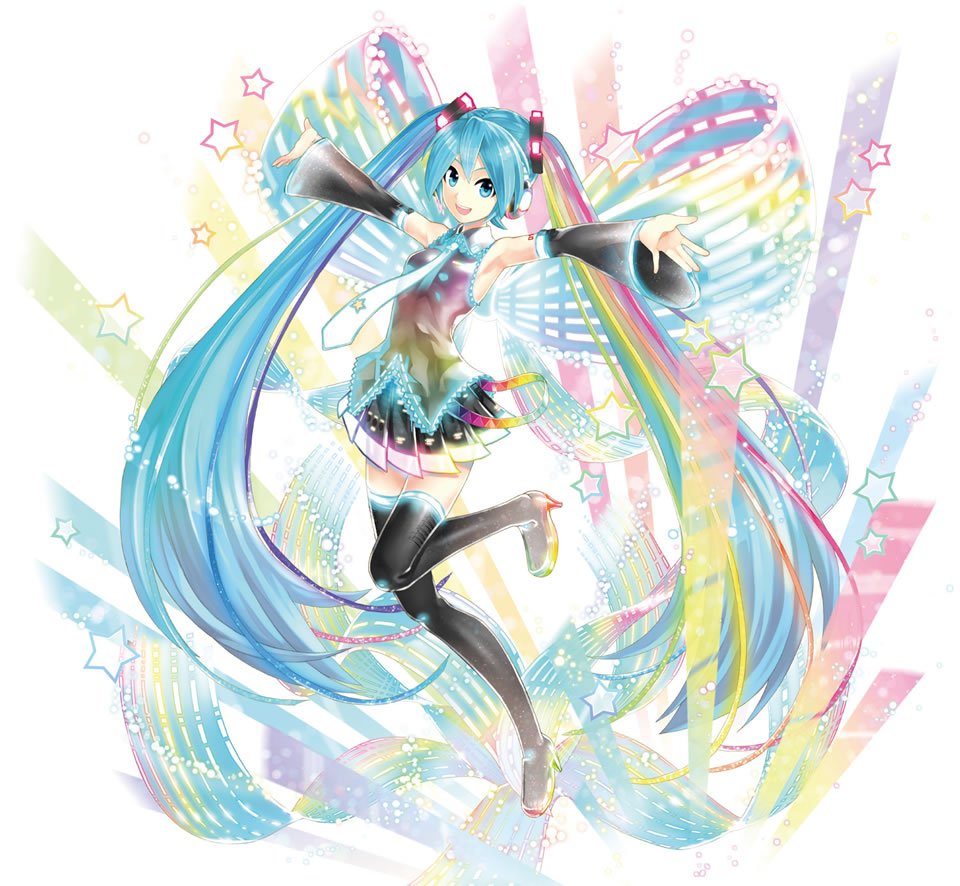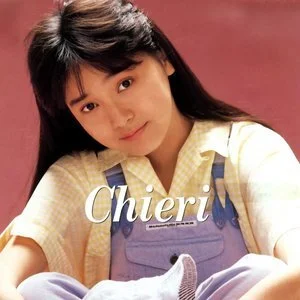Best Anime Openings!
/Anime is one of the biggest TV and film genres of today. With a distinct animation style, creative plots and loveable characters, anime is easily recognisable by the way it looks and sounds.
Within these shows, the title sequences and accompanying songs are incredibly important, as they set up the tone for the show and provide a sneak peek into the season’s plot. A lot of anime openings have become massively popular beyond the series they are tied to, and for good reason.
Anime is a huge genre that is filled with so many amazing soundtracks to listen to. Here is a curated list of the most well-known anime opening songs from some iconic shows.
Courtesy of Wit Studio
1) “Guren No Yumiya” by Linked Horizon
The very first opening to one of the biggest anime shows to date, “Guren No Yumiya” is a theme that perfectly matches the dark yet exciting vibe of Attack On Titan. The show has gained massive popularity all over the world, and was the first anime to achieve a large following with Western audiences. This is largely thanks to its original plot, interesting characters and of course, its catchy opening themes.
Courtesy of Wit Studio
“Guren No Yumiya,” roughly translated as “crimson bow and arrow” has all the great qualities of an action anime opening. It’s hard, fast and catchy, interestingly mixing both Japanese and German lyrics to create a great song.
2) “Tank!” by The Seatbelts
Courtesy of Sunrise Animation
Compared to most other anime, Cowboy Bebop’s opening theme is quite different, though it matches the show perfectly. The jazz-influenced instrumental track makes for a great opening to an action-packed story of bounty hunters set in space. “Tank!” combines elements of blues, swing and pop together, creating a unique and contemporary mix.
Courtesy of Gainax
3) “A Cruel Angel’s Thesis” by Yoko Takahashi
Although Neon Genesis Evangelion is a huge success in itself, it remains a niche interest in Western culture. The anime is set in a future version of Tokyo where teenagers fight in giant mecha robots to protect humanity. While that sounds cool and all, the show actually has some pretty dark themes, and the opening “A Cruel Angel’s Thesis” perfectly captures both aspects of the anime. The music sounds light and upbeat, but the lyrics are quite depressing, making an interesting juxtaposition of the song.
4) “Sincerely” by TRUE
For fans of Violet Evergarden, its opening “Sincerely” holds a special place in their hearts. The anime follows former soldier Violet on her journey of reintegrating back into society after the war, searching for her life’s purpose. It deals with themes like love and loss, and has many tear jerking moments throughout.
“Sincerely” is able to flawlessly capture all the emotions of the show. Its bittersweet melody and heartfelt vocals will have you crying before the episode has even started.
Courtesy of Kyoto Animation
Courtesy of A-1 Pictures
Another emotional rollercoaster of an anime, Your Lie in April, which “Hikaru Nara” is from, set the bar for drama anime high upon its release. Now, seven years later, the song withholds its influence. It begins with a playful guitar strum that immediately leads into an powerful yet cheerful melody. Its build-up is strong and the chorus explodes with unparalleled intensity.
Those were some of the best and (in my opinion) absolutely unskippable anime openings. Not only are the soundtracks top tier, the anime themselves are also definitely worth a watch.
Lily Scutt
Lily is a student at Algonquin College. She enjoys writing and playing video games, and she loves animals.

















